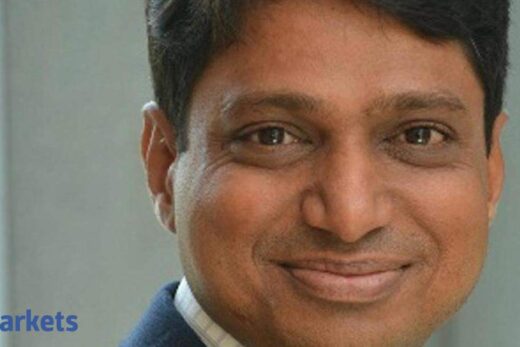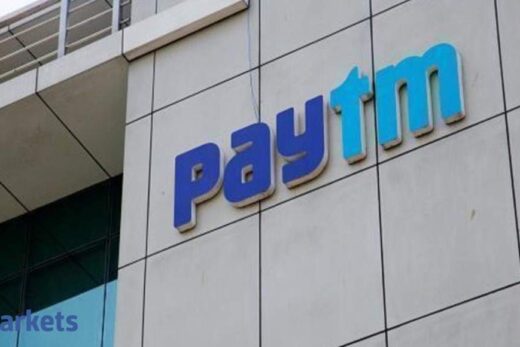Flipping refers to the practice followed by many startups who set up a company outside India, preferably Singapore and Hong Kong, to acquire their own Indian assets, effectively changing the domicile of the company. The reasons for such practice is to access cheap capital and sometimes to benefit from liberal tax and compliance norms.
“Imagine if you are fighting somebody who can issue billions of dollars of bonds in a flip and then throw that money in your market, how are you gonna survive? You could see that online commerce companies, there were many others, where have they all gone?” Sharma said, referring to companies that are set up abroad to access cheap capital.
In the last few years, the e-commerce market has concentrated to just two players, Amazon and Flipkart, both of which are set up out of the country. Many names like Snapdeal, Jabong, Shopclues, Myntra, etc are either no longer in picture or have been acquired by their larger rivals.
“You are fighting global competitors thanks to the access to international market and capital may issue bonds at much lower cost and dump that money in India and wipe you off or slow down your success. Access to the capital is one of the biggest factors for successful business,” Sharma said, speaking at Times Network India Economic Conclave 2021.
The pioneer of Indian payment ecosystem was countering the statement of Sanjiv Bikhchandani, co-founder of Info Edge, a company that has stakes in marquee startups such as Zomato, Naukri.com, 99acres, Siksha.com, etc.
“If your best startups start flipping, in the long run that is going to be detrimental. If we go back 40-50 years, Infosys was a startup in the 1980s. Imagine if they had flipped then, would they have given all the benefits to the industry and led to creation of a new stock category?” said Bhikhchandani, who was also present at the conclave.
Bikhchandani has been fervently opposed to the practice of flipping, and raised the issue in the past as well. He has also suggested government action against the practice.
Will Zomato list via SPAC?
Bikhchandani categorically denied that Zomato will choose to list via a special purpose acquisition company, popularly known as SPAC, which has gained currency in recent times as another way to access stock markets.
SPAC is in essence a shell company that is listed on a stock exchange with the purpose of acquiring a private company, thus making it public without going through the traditional initial public offering process.
However, Bhikchandani avoided answering whether Zomato will list in India or abroad, even when prodded, given he is an opponent of Indian companies going out of the country in search of capital.
“Zomato is an independent company. We are a minority shareholder. The board will meet and they will decide. I am not allowed to talk about it. However, it (listing buzz) has been in the media that they are working on it and they will make some progress and figure it out,” Bhikhchnadani said.
He said if you want companies to list in India and they can’t go the regular IPO route because they are loss making, an Indian SPAC may be the answer. Reports have said the capital market regulator Sebi has formed a group of experts to examine the feasibility of introducing SPACs like structures in India.
Recently, Elevation Capital and Think Investments launched SPAC for US listing of Indian startups and filed for its Nasdaq IPO. Both firms have investment in startups such as Paytm, Swiggy, Urban Company, ShareChat, etc.
SPAC’s board comprises Paytm’s Vijay Shekhar Sharma, Dream11 co-founder Harsh Jain, SoftBank’s former Managing Partner Kabir Misra and others, according to a filing. The SPAC is led by founders of Elevation Capital and Think Investments Ravi Adusumalli and Shashin Shah, respectively.
“India has this foreign listing rule that is pending since last May. (SPAC) is good for India because you are going to have companies in India with an ability to bring public shareholders from other countries,” said Sharma.
In the next 2-3 years India will have 10-20 companies with a valuation of $2-5 billion, Sharma said, adding these companies will need to access capital markets, and because you cannot list directly, SPAC will be one of the choices.



